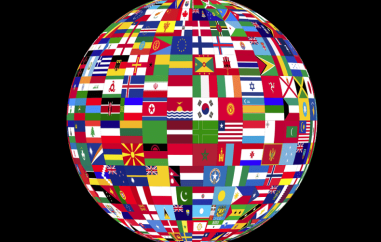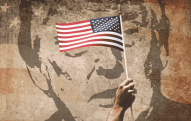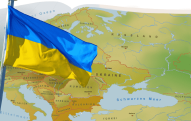Sri Lanka no longer services its debts
After months of crisis, Sri Lanka declared its economic collapse on Tuesday. Debt service on the entire $51 billion debt will be suspended, at least temporarily, said central bank governor P. Nandalal Weerasinghe, who was appointed only last week. All outstanding payments to bondholders, bilateral lenders and institutional donors such as the Asian Development Bank (ADB), the World Bank and the International Monetary Fund (IMF) will be suspended. It is the first time that the crisis-ridden island has stopped servicing its creditors.
But the goal remains to restructure the debt, according to a statement from the Finance Ministry. It has been led since late last week by Ali Sabry, the former justice minister and confidant of the ruling Rajapaksa family clan. He had initially refused to take on the overly demanding post. Those responsible are now negotiating the next steps with the first creditors.
Due to the shortage of dollars, there is hardly any fuel left on the island and electricity is only available with enormous interruptions. Imported machinery, fertilizer and, for some weeks now, food have also been lacking, and meanwhile the shortage of medicines has led to state hospitals suspending non-essential operations since April 7. Inflation is running at 20 percent, and traders are hoarding food in anticipation of even higher prices. Demonstrations against the Rajapaksa family are increasing. With Gotabaya Rajapaksa, the Rajapaksa family still holds the office of president, and with his older brother Mahinda, the family also holds the office of prime minister in South Asia's oldest democracy. Western embassies are about to activate contingency plans and initially fly out the relatives of employees.
The Finance Ministry said Tuesday the move was "a last resort to prevent further deterioration of the Republic's financial position." The announcement added: "It is now evident that any further delay risks causing permanent damage to Sri Lanka's economy and potentially irreversible harm to the country's external debt holders." However, the Rajapaksa party, which citizens had elected to govern, lost its majority in parliament last week. Due solely to the resignation of numerous ministers, bailout talks with the IMF continue to be delayed. Sabry has announced that he will fly to Washington on Easter Monday to enter into negotiations with the multilateral organizations. So far, there are not even enough qualified participants in the mission, which is vital for the state with its 22 million people, with the exception of Weerasinghe.
The central bank governor sought Tuesday morning to reassure markets that have been anticipating the collapse for months. "This will be temporary until we reach an agreement with creditors and support thanks to a program with the IMF," he pressed the fund in Washington. "We need to focus on essential imports and not worry about servicing external debt," he added.
Sri Lanka needs $3 billion immediately to pay for its most urgent imports. On April 18, $36 million and $42.2 million in interest is due on two bonds, and on July 25, another $1.03 billion must be repaid. In total, at least $7 billion in loans are due in 2022. The value of all dollar bonds is just under $13 billion. But at the end of March, Sri Lanka's dollar reserves stood at just $1.94 billion. The rupee lost another 0.5 percent of its value to the dollar on Tuesday. Stock trading is suspended this week. Last week, the Colombo Stock Exchange opened only intermittently due to power outages.
Image by Karthikeyan Perumal
Â







 »
»